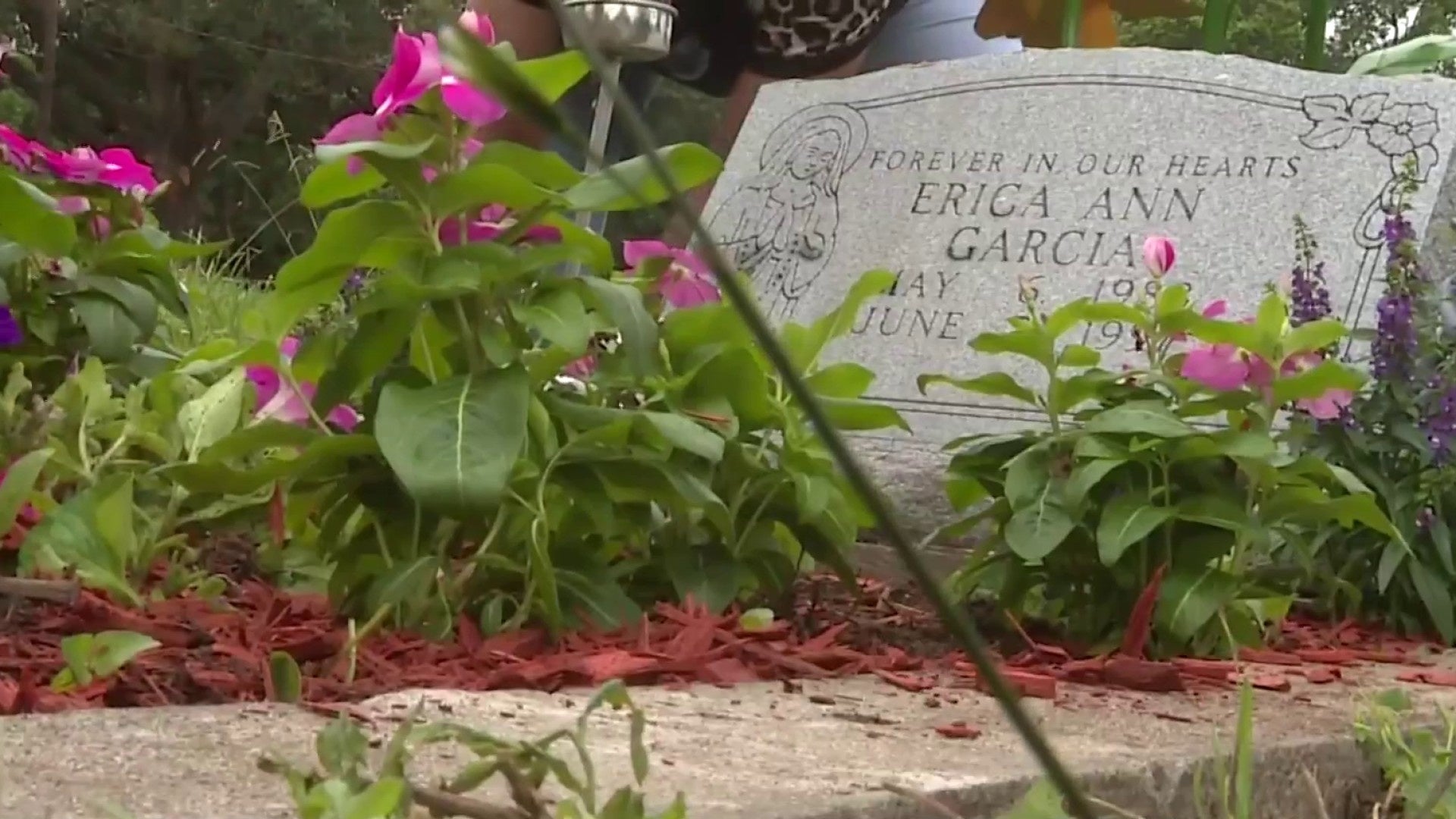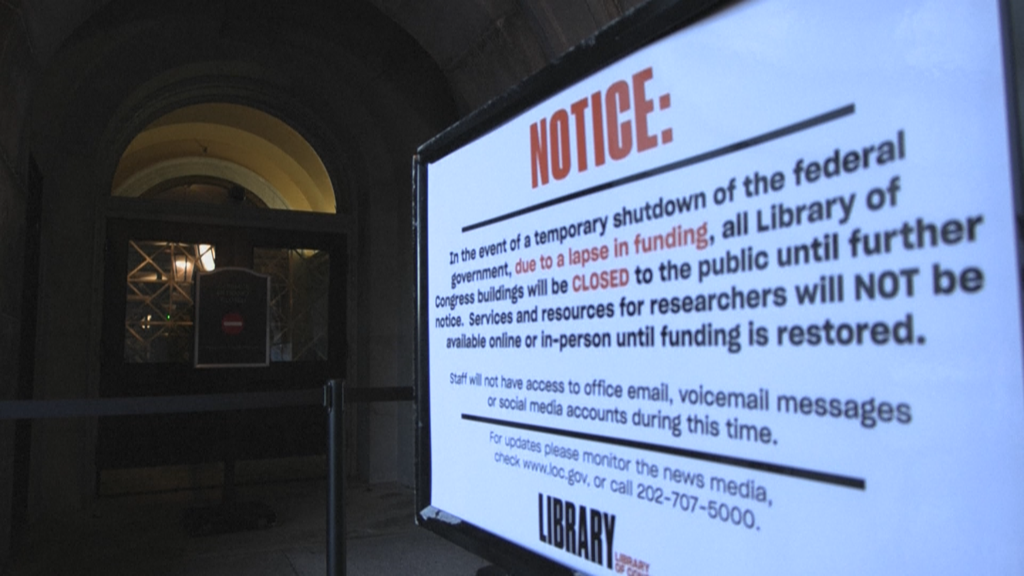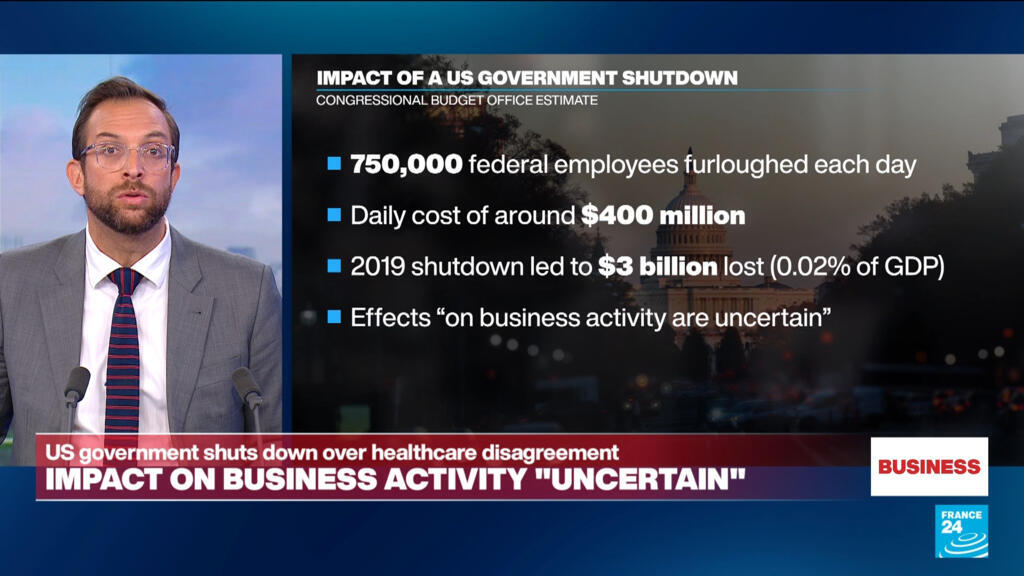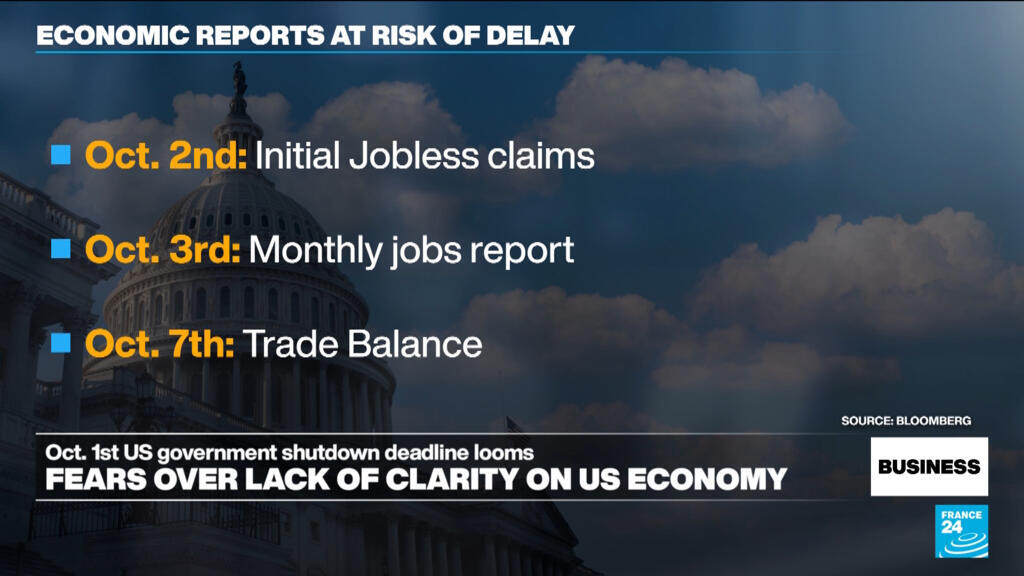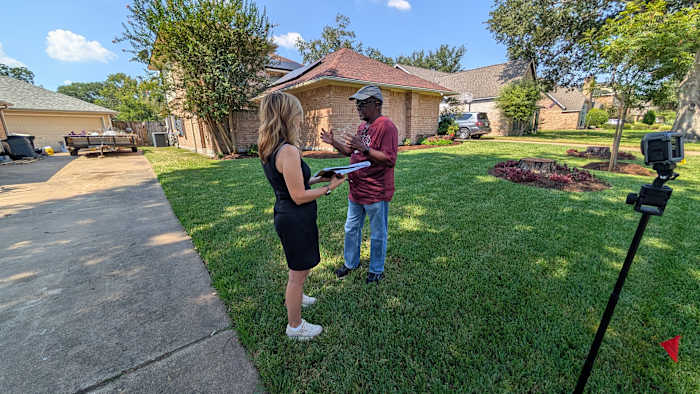Why the wrong name on Medicare mail could spark fraud fears: 2 Helps You
Several viewers have written to ‘2 Helps You’ to report receiving Medicare mail addressed to other people, raising concerns about potential identity theft as the annual Medicare open enrollment period approaches.

Several viewers have written to ‘2 Helps You’ to report receiving Medicare mail addressed to other people, raising concerns about potential identity theft as the annual Medicare open enrollment period approaches.
The open enrollment period, which runs from October 15 through December 7, typically sees an increase in Medicare-related scams and fraudulent activity, so you are right to be concerned.
“If you receive Medicare paperwork with the wrong name, it could be a simple error in data entry, but it might also signal something more serious,” says Valerie Petriciolet, an expert with the Better Business Bureau’s Texas Senior Medicare Patrol.
What to do if you receive misaddressed Medicare mail
BBB experts recommend several immediate steps:
- Do not open mail that isn’t addressed to you
- Contact Medicare directly at 1-800-MEDICARE to verify your personal information
- Confirm that your name, address, and Medicare number are correct in their system
- Use only the official Medicare phone number, not numbers that might appear on suspicious paperwork
Warning signs of Medicare fraud
The Texas Senior Medicare Patrol warns that mail mix-ups can indicate potential identity theft. Other common Medicare scams include:
- Unauthorized medical equipment charges to Medicare plans
- Unsolicited calls or texts from supposed Medicare agents
- Promises of special deals or discounts
- Suspicious charges appearing on Medicare statements
Remember that Medicare will never call you to sell you anything or visit you at your home. Medicare, or someone representing Medicare, will only call and ask for personal information in limited situations (like an agent or representative returning your call after you’ve joined a plan, reported fraud, or left a message for Medicare).
Protecting your Medicare benefits
Petriciolet advises beneficiaries to regularly monitor their Medicare accounts for unauthorized charges.
“If you’ve been receiving your Medicare statements normally every three to four months, there’s likely no immediate concern on your end. However, it’s more concerning for the person whose name is on the mail you received,” she explains.
How to report Medicare fraud
If you spot suspicious activity on your Medicare statements or encounter potential fraud, the Texas Senior Medicare Patrol can help build a case and report the incident to proper authorities.
Texas Senior Medicare Patrol Hotline: 1-888-341-6187
Houston-Galveston Area Council — Area Agency on Aging: 713-627-3200
If you suspect fraud call 1-800-MEDICARE (1-800-633-4227) orReport Medicare Fraud online.




